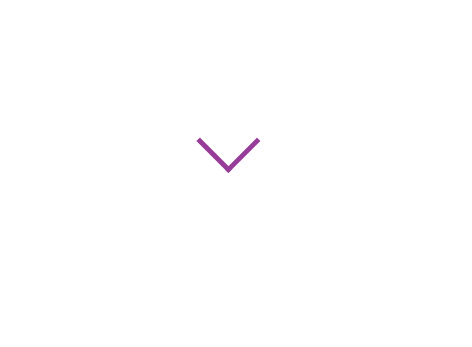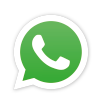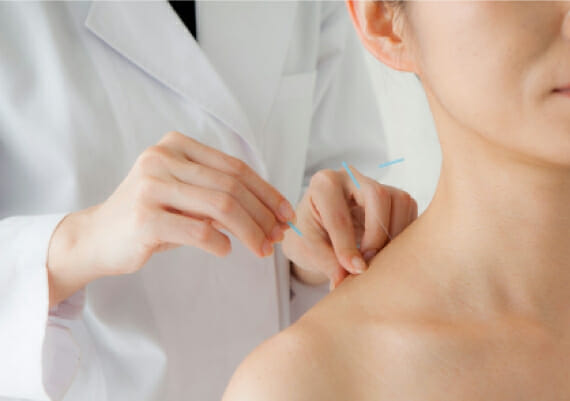
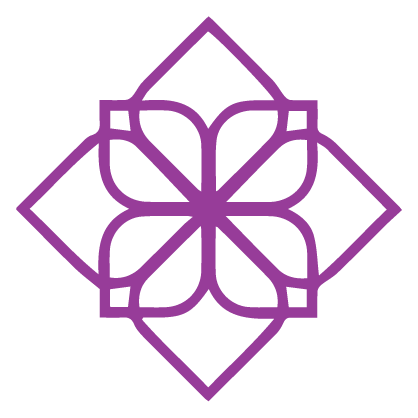
What Is
Traditional Acupuncture?
Acupuncture is a Traditional Chinese Medicine (TCM) technique that involves the insertion of thin needles into specific points on the body. The goal is to promote physical and emotional well-being. These thin needles are inserted into “acupoints” on the body to relieve pain or other symptoms.
How Does
Acupuncture Work?
Meridians are routes where Qi (life force) energy and blood flow through our body. The acupoints are the reacting spots to ill health and make activation spots for acupuncture sessions. According to TCM principles, there are more than 362 acupoints in the body.
During an acupuncture treatment, the physician improves the flow of Qi through meridian points. The treatment facilitates the activity of key body organs by fixing energetic imbalances.
Modern research suggests that needling triggers the nervous system to produce substances in muscles and the brain. These substances may either change the feeling of pain or stimulate the production of other healing chemicals. By triggering the system’s self-healing powers, acupressure can boost health and well-being.
WHO (World Health Organization) acknowledges acupuncture for the treatment of various conditions such as:
Digestive Disorders
Acupuncture allows the release of digestive juices and enzymes, encouraging proper digestion and bowel function. It can also help to relieve symptoms of indigestion, heartburn, constipation and diarrhea.
.
.
Respiratory Disorders
Acupuncture can help to relieve symptoms of asthma, bronchitis, the common cold and sinusitis.
Circulatory Disorders
Acupuncture can help to regulate blood pressure and improve circulation. It is also effective in the treatment of conditions such as anaemia, palpitations and arrhythmia.
Urinary and Reproductive Disorders
Acupuncture can help to relieve symptoms of urinary tract infections, irregular menstruation, menopausal symptoms, premenstrual syndrome (PMS) and infertility.
Neurological Disorders
Acupuncture can help to relieve headaches, migraines, dizziness, tinnitus and trigeminal neuralgia. It is also effective in the treatment of stroke rehabilitation.
Emotional Disorders
Acupuncture can help to relieve anxiety, stress, insomnia and depression.

Frequently Asked Questions
1. Does acupuncture hurt?
Generally NO. However, you may encounter a stinging sensation as the needle penetrates through the skin. Keep in mind that the needles are much thinner compared to typical injection needles.
3. How can I prepare myself for the treatment?
Before the treatment, you may be asked to prepare the following, so as not to affect the curative effect or dizzyness during acupuncture treatment.
1. Wear loose clothes to avoid affecting the operation. Of course, our clinic also provides clean towels to cover.
2. Acupuncture is not suitable for those who are hungry, over-satiated, over-stressed, drink alcohol, have persistent bleeding, or have severe skin ulcers.
5. What are the benefits of acupuncture?
Acupuncture is a natural and effective form of healthcare that can help to treat a wide range of conditions. It is drug-free and has very few side effects, making it a safe and suitable treatment for people of all ages.
The human body can often become “used to” drug-based therapies, meaning that they may become less effective over time. However, this does not happen with acupuncture.
7. Does acupuncture cause bleeding?
Typically, no since the needle is extra thin. However, a small drop of blood may occur if the needle hits a capillary.
9. Does acupuncture have any side effects?
While minor bruising may occur on the treated spot/s, there are no major side effects.
2. Are acupuncture treatments common in Malaysia?
Yes, acupuncture treatments have been practised in Malaysia for several decades. You can find acupuncture programmes being offered in some reputable universities in Malaysia.
4. What about the safety of the treatment?
Acupuncture is generally very safe, especially in the hands of qualified and experienced practitioners. We use disposable and disinfected needles to avoid infections. Minor bruising may appear on the treated spot, but this will subside in a couple of days post-treatment.
6. How deep are the acupuncture needles applied?
How deep the needle reaches depends on both the region and the variation of the treatment. Needles often reach a depth range of 3cm-5cm in most acupoints. However, in bonier spots (e.g. fingers, buttocks, toes) needles may go as deep as 1-2 mm.
10. Should I keep on taking my medication whilst having acupuncture?
Unless your doctor advises you otherwise, you should not stop taking your medication. While acupuncture may help decrease reliance on some drugs, you should always consult your doctor for this.
Looking for acupuncture treatments in Malaysia? Make an appointment with Thomson TCM now and we are ready to help.
8. Does acupuncture leave marks or scars?
No, because it uses extra thin needles.
Connect With Us

Get In Touch
We will get back to you shortly



